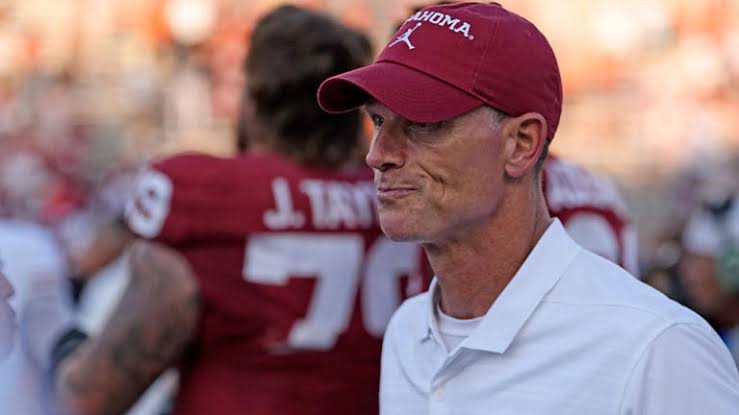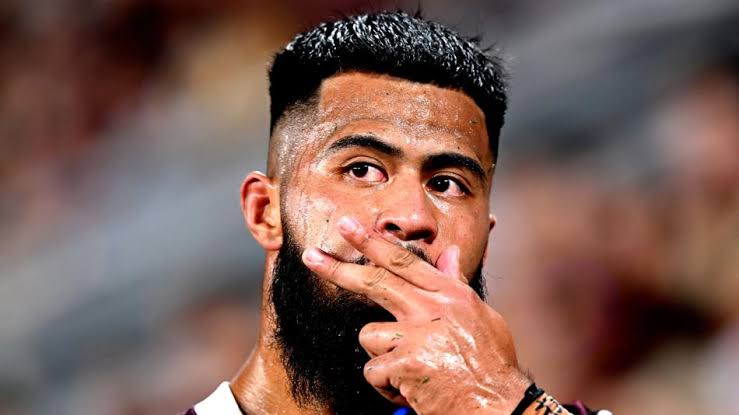Gerald McCoy, the former Oklahoma defensive tackle and NFL standout, recently expressed his discontent with head coach Brent Venables’ decision to cancel the spring game. As a beloved figure in Oklahoma football, McCoy’s opinion carries weight within the program’s community. His comments reflect a deep-rooted passion for the team and a perspective shaped by years of experience both as a player and as someone who closely follows the sport.
McCoy’s frustration stems from the significance that spring games hold in the college football landscape, not only for players but for fans as well. In his eyes, the spring game is more than just an exhibition; it’s a chance for the fans to get a glimpse of the future of the team, for new players to showcase their talent, and for the coaching staff to evaluate their squad in a live-game setting. By canceling the spring game, Venables deprived the program of an important opportunity to build excitement and unity. McCoy is particularly vocal about the potential missed chance for fans to engage with the team after a tumultuous season.
From McCoy’s perspective, canceling the spring game also diminishes the connection between the team and the fanbase. Fans often look forward to the spring game as a way to experience the team’s growth firsthand and build anticipation for the upcoming season. The event allows fans to see the next generation of Sooners, providing an early taste of what they can expect. McCoy emphasized that these kinds of experiences help sustain the passion that makes Oklahoma’s fanbase one of the most dedicated in college football.
Moreover, McCoy also questioned whether the decision was made based on concerns about injury risk or logistical issues, pointing out that many programs across the country have found ways to hold spring games without major issues. He highlighted that these events are often a chance for players to compete in a relatively low-stakes environment, with controlled scrimmages allowing for evaluation without the pressure of regular-season play.
Ultimately, McCoy’s disapproval reflects his deep love for Oklahoma football and his belief that the program should always strive to create opportunities for growth, excitement, and connection between the team and its supporters. While he recognizes that Venables may have his reasons for the decision, McCoy’s comments underscore a larger conversation about the importance of tradition, fan engagement, and player development in the modern era of college football.










